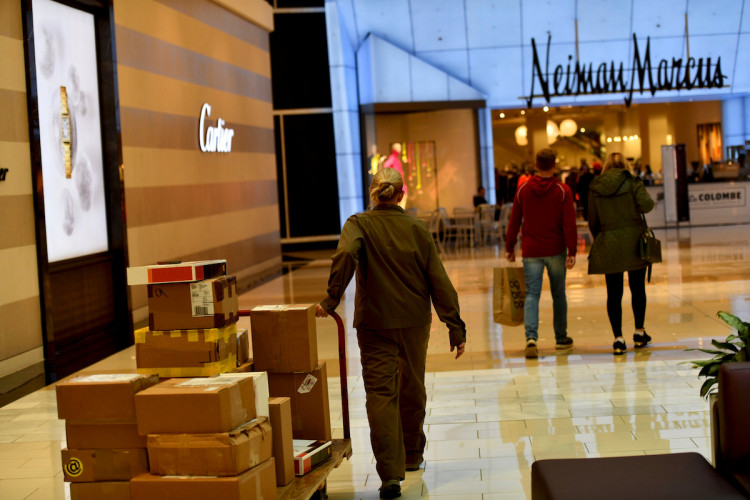A record 10,000 store closures are predicted for 2021 in the U.S. as a decade-long "retail apocalypse" battering brick-and-mortar stores continues and is even accelerated by the COVID-19 lockdowns and more online shopping.
Retail, technology and fashion research firm, Coresight Research, made the forecast in a report issued Thursday, signaling a 14% increase from the estimated 8,741 store closures in 2020.
There were 9,302 store closings in 2019, a 59% jump from 2018. The 2019 closures are highest number since tracking the data began in 2012 and should be surpassed by closures this year.
An unabated trend of fewer shopper at stores and more online as led many retailers decide to close their remaining stores in the face of competition from e-commerce firms such as Amazon.com.
As of Jan. 22, U.S. retailers had announced 1,678 closures, which include stores owned by Bed Bath & Beyond, Macy's and J.C. Penney, said Coresight. J. Crew, Neiman Marcus, Stage Stores, JCPenney, and Tuesday Morning were among the retailers that filed for bankruptcy in 2020.
Coresight said apparel retailers, including Ascena Retail Group and The Children's Place, accounted for 36% of all store closures in 2020. These companies closed a combined total of more than 3,000 stores. The apparel category will likely account for a significant number of closures this year.
"Although retail was significantly impacted in 2008 and 2009, the repercussions in terms of retail bankruptcies peaked in 2010," said Coresight CEO and Founder Deborah Weinswig.
"We could see history repeat itself in 2021, resulting in greater numbers of store closures this year than we saw in 2020."
There are glimmers of hope in this gloom and doom scenario, however.
Coresight said there were 3,304 store openings in 2020. It forecasts retailers will announce 4,000 store openings in 2021, with this growth being driven by grocery discounters and dollar store chains. Vaccinations against COVID-19 should also embolden customers to visit brick-and-mortar stores.
"In 2021, the rollout of [Covid-19] vaccination programs should result in a partial recovery in store-based sales," said Weinswig. "However, these programs may take many months to reach a wide base of consumers."






